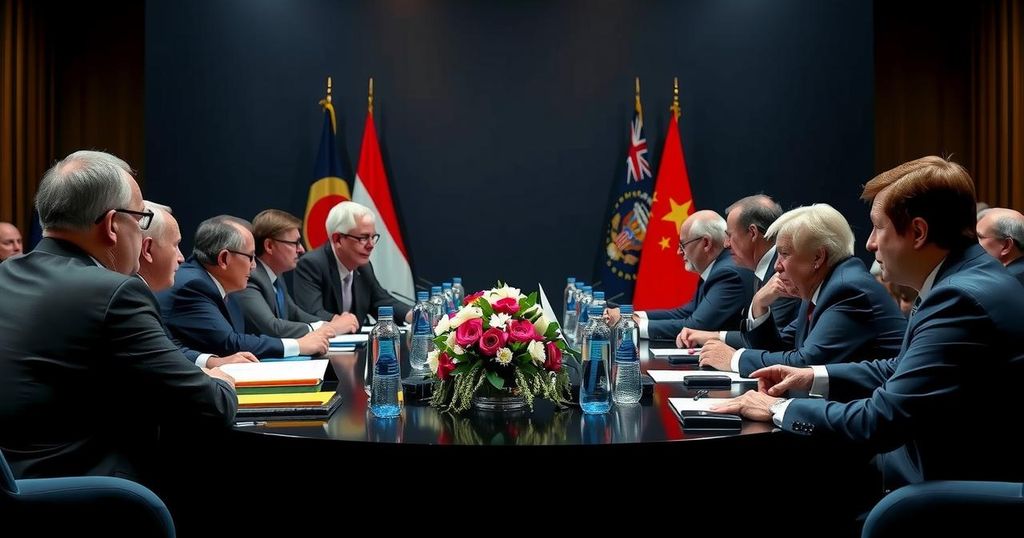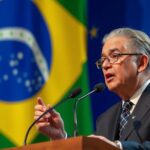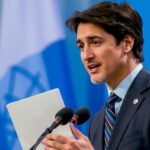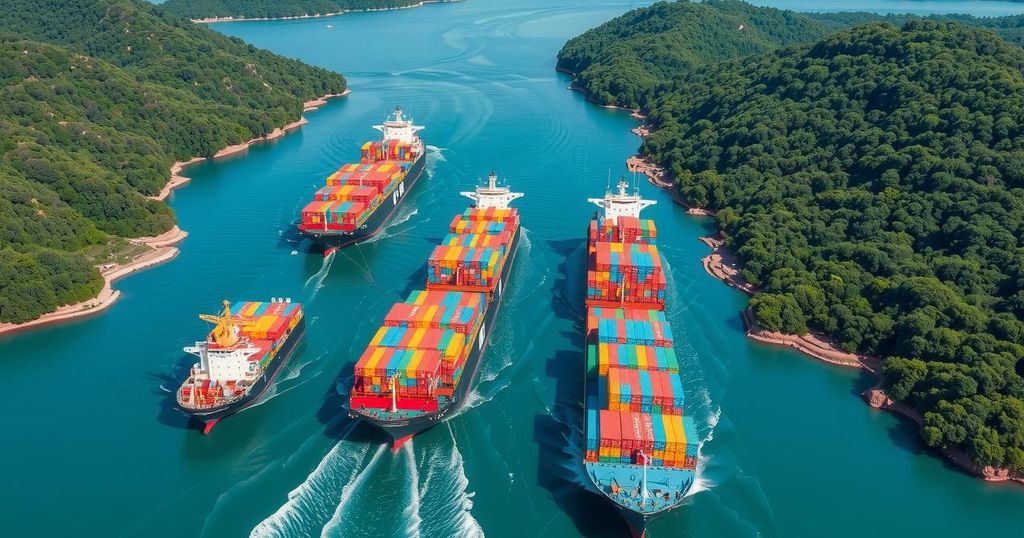Politics
AFP, ANTONIO GUTERRES, ASIA, AZERBAIJAN, BIDEN, BILATERAL TALKS, BRAZIL, DONALD TRUMP, FOREIGN MINISTRY, FOREIGN POLICY, G20, GEOPOLITICS, INTERNATIONAL RELATIONS, JOE BIDEN, LIMA, LU, LUIZ INACIO LULA DA SILVA, LUIZ INÁCIO LULA DA SILVA, NORTH AMERICA, OF 20, PERU, RIO DE JANEIRO, SOUTH AMERICA, TRUMP, UN, UNITED STATES, WHITE HOUSE, XI JINPING
Nia Simpson
G20 Leaders Gather in Brazil to Address Global Conflicts and Climate Challenges
G20 leaders are meeting in Brazil to discuss conflicts in the Middle East and Ukraine, climate change, and the implications of Donald Trump’s electoral return. Amid hoisting ambitious agendas centered on poverty and environmental sustainability, consensus remains elusive, particularly regarding military aid and climate finance. Hopes for substantial agreements are tempered by geopolitical tensions and varying national priorities.
Leaders of the Group of 20 (G20) convened in Rio de Janeiro, Brazil, with articulated goals to address pressing global issues such as the ongoing conflicts in the Middle East and Ukraine, climate change, and the political ramifications of Donald Trump’s recent electoral victory. Brazilian President Luiz Inácio Lula da Silva inaugurated the summit, fostering discussions on priority issues including food insecurity, climate action, and economic equity. Despite aspirations for a significant geopolitical agreement, consensus remains challenging amid divergent national interests, particularly concerning international conflict resolutions. Notably, President Joe Biden’s recent decision to permit Ukraine’s use of US long-range missiles marks a pivotal shift in policy and may influence European allies’ responses to the war in Ukraine. The summit’s timing coincides with a critical juncture for climate discussions, as G20 nations, which are responsible for 80 percent of global emissions, grapple with the urgency to expedite sustainable development funding for vulnerable nations. UN Secretary-General Antonio Guterres has intensified calls for the world’s leading economies to display decisive leadership in climate negotiations. Amid security concerns, especially following a recent foiled attack on Brazil’s Supreme Court, the summit remains a platform for crucial dialogue, prominently featuring not only climate change but also economic reforms aimed at alleviating poverty. President Lula has actively championed a “Global Alliance against Hunger and Poverty” as part of Brazil’s agenda at the summit, which aligns with the nation’s focus on ending extreme wealth disparities. However, resistance persists, notably from Argentina’s newly elected President Javier Milei, whose libertarian views may challenge multilateral agreements on taxation and social equity. Ultimately, this G20 summit represents a critical effort to navigate complex global issues at a time of heightened geopolitical tensions and climate challenges, reflecting the urgent need for cooperative action across nations.
The G20 summit in Brazil serves as an essential platform for the leaders of the world’s major economies to engage in dialogue surrounding critical global issues. This year’s summit is particularly significant, occurring against the backdrop of continuing wars in the Middle East and Ukraine, as well as the looming implications of Donald Trump’s political resurgence. The historical role of the G20 includes addressing economic disparities and responding to environmental crises, which are becoming increasingly urgent in light of recent extreme weather events and their impacts on developing nations. As climate negotiations falter, the expectations for this summit become a focal point for international cooperation to achieve sustainable development goals and address pressing social issues such as hunger and poverty.
In summary, G20 leaders face challenging discussions on major geopolitical issues during their summit in Brazil, with the need to find common ground on climate action and economic disparities becoming increasingly urgent. While Brazil under President Lula aims to emphasize humanitarian concerns like poverty alleviation and hunger, the discord among member nations regarding approaches to war and climate issues poses significant hurdles to achieving a unified declaration. The outcome of this summit may shape future global governance and cooperation, particularly in an era marked by political shifts and environmental crises.
Original Source: www.france24.com








Post Comment